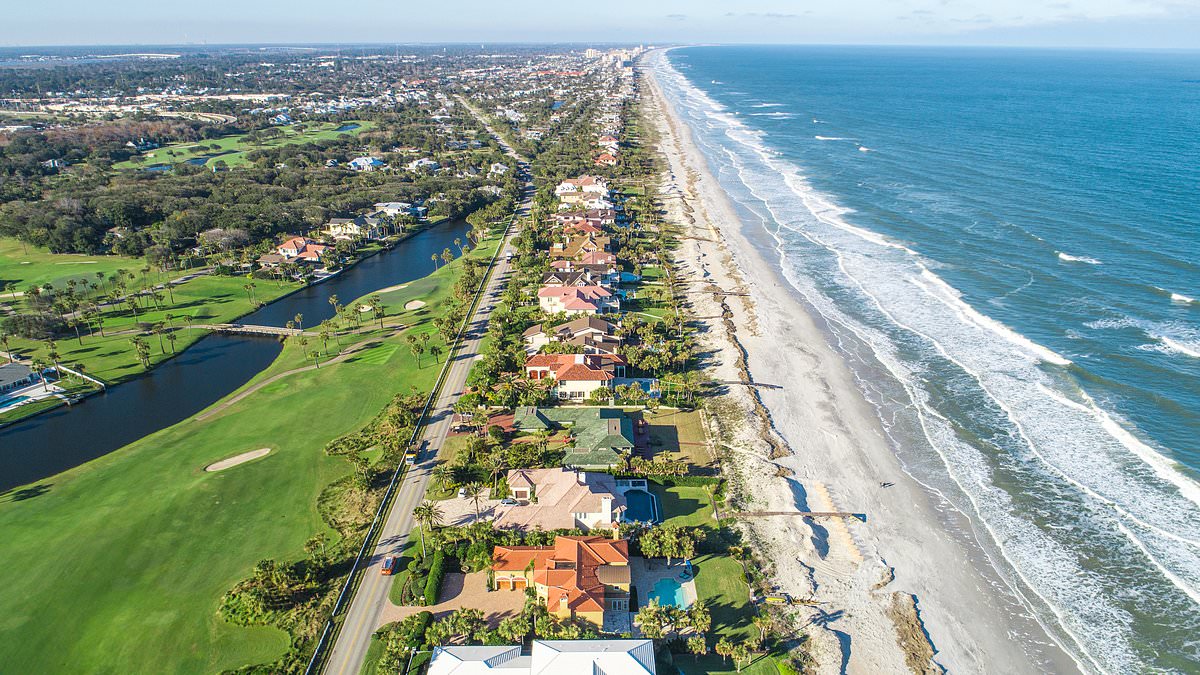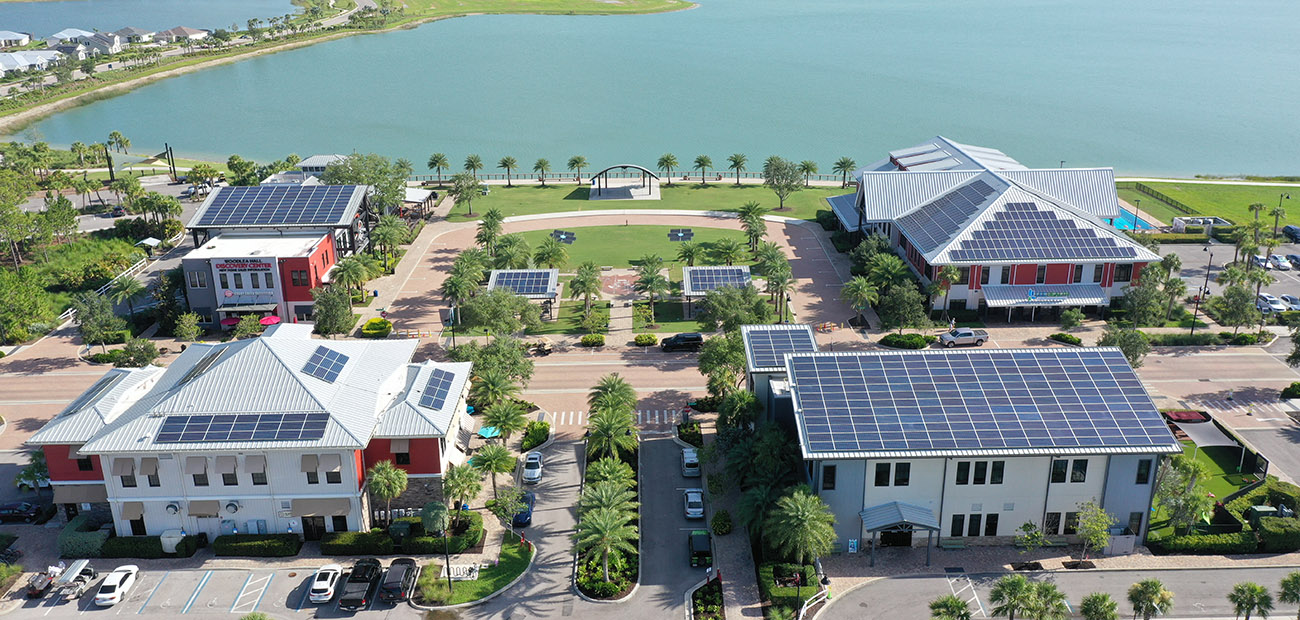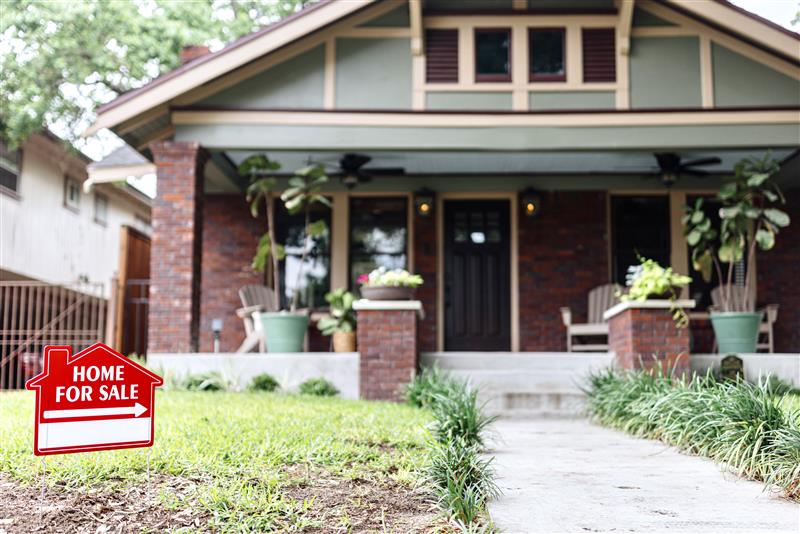T
he federal shutdown is striking Florida’s housing market hard, where real‑estate activity already fuels nearly a quarter of the state’s GDP. With Congress stalled, government agencies are on hold, leaving flood‑insurance renewals in limbo, builders bracing for project delays, and environmental permits unattended. Housing drives the U.S. economy—about 18 % of national output or roughly $4.9 trillion—yet in Florida each home sale injects roughly $125,000 into the local economy and supports two jobs in construction, retail, and home services.
Realtor.com economist Anthony Smith notes that Florida’s share of national housing activity is so large that even a modest slowdown in buyer engagement can visibly shift national sales and inventory figures. Because Florida’s market accounts for 24.1 % of the state’s GDP, any disruption—such as stalled flood‑insurance renewals or delayed permits—reveals the fragility of the broader U.S. housing system. A prolonged slowdown could signal trouble for the national economy.
Florida is especially vulnerable to flooding, holding about 1.8 million federal flood‑insurance policies—over one‑third of all U.S. policies. Each month, roughly 150,000 policies up for renewal are affected by the shutdown. Although a 30‑day grace period exists, time is running out. If the shutdown extends beyond late October, thousands of homeowners could be uninsured during hurricane season, exposing them to potentially catastrophic financial losses. Most banks require flood insurance for high‑risk properties, but Fannie Mae and Freddie Mac have temporarily relaxed those requirements, allowing about 1,300 sales per day that need coverage to proceed. Still, new‑home buyers cannot take over an existing policy, so they must wait for the program to resume, risking stalled sales.
Smith predicts that if the shutdown drags on, pending sales in flood‑exposed areas will pile up as closings await restoration of the National Flood Insurance Program. Flood insurance is only one piece of the problem. Construction, which had begun to recover with rising home orders, now faces setbacks from delayed permits and insurance, threatening to worsen the housing shortage not just in Florida but nationwide. Federal loan programs such as FHA and USDA, which aid first‑time and rural buyers, are also delayed due to furloughed staff, dampening sales momentum and eroding confidence in the market.
The exact duration of the shutdown remains uncertain, but damage is already being felt across the country. Smith suggests that if Florida’s flood‑exposed markets weather the shutdown with only a brief dip, the national impact may be contained. However, if delayed closings snowball into broader pullbacks in offers or price adjustments, it could foreshadow a deeper fourth‑quarter slowdown in U.S. housing data. Because housing underpins the economy, even a slight slowdown can have outsized effects. Florida’s experience underscores how policy uncertainty can amplify cyclical transitions, potentially accelerating a cooling trend before the next stabilization phase.














